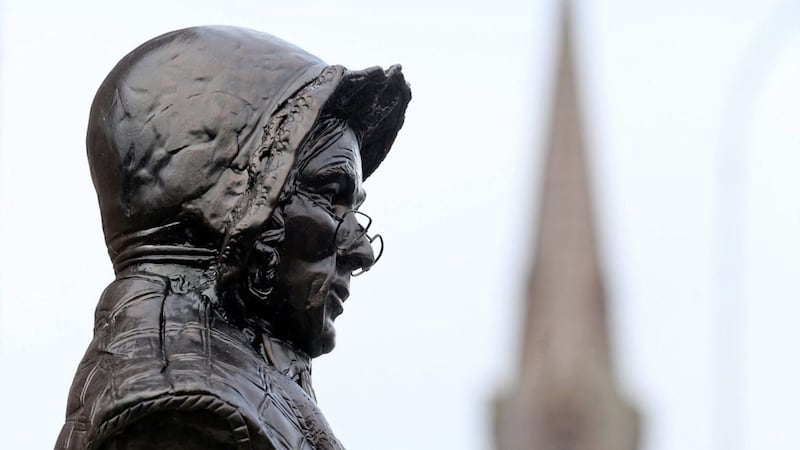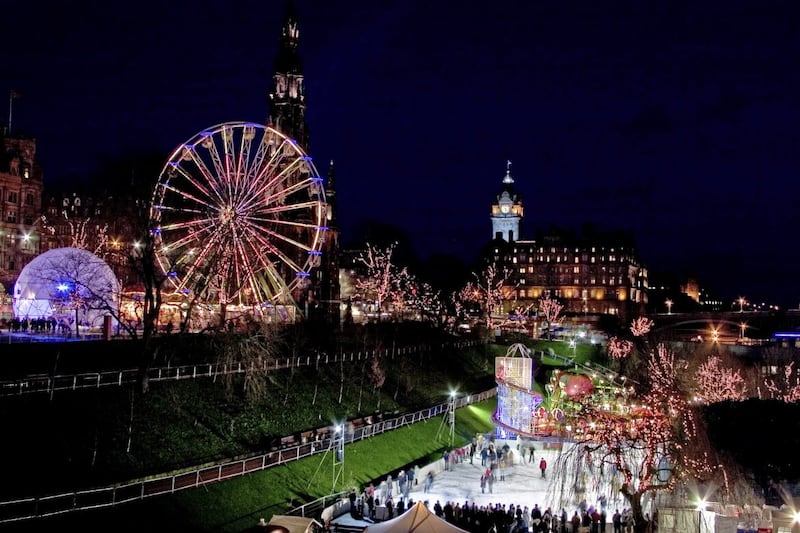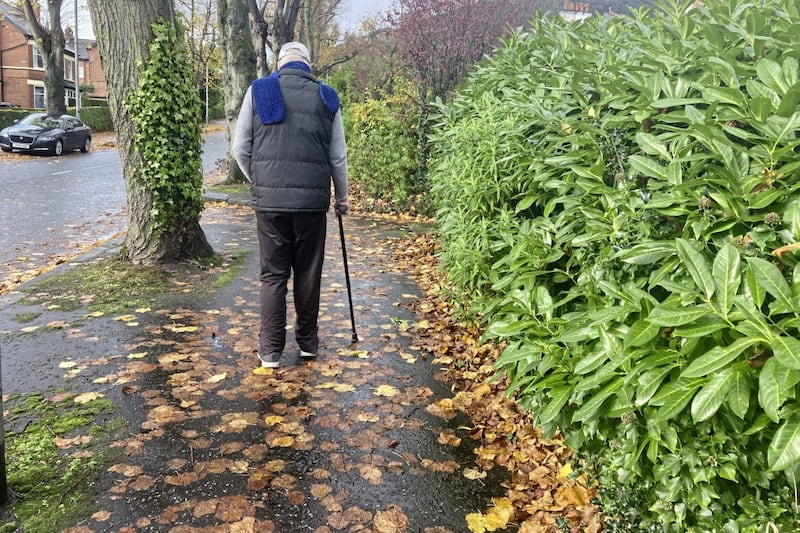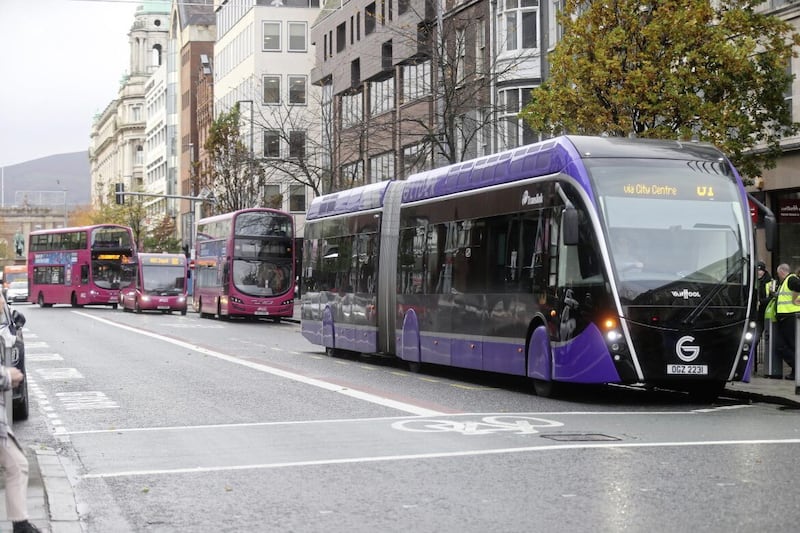RECENTLY a young woman left Dublin for Poland and onwards to Ukraine.
I remember taking the same flight to Poland some years ago to look into the terrible past, to chart Polish Jews and their Holocaust.
The Jewish cemetery in Warsaw, the ring of white stones marking the perimeter of a huge mass grave which holds hundreds perhaps thousands of men, women and children thrown in naked, with no reverence, covered up and left but not forgotten.
We filmed in the ghetto, horrified at the tall foreboding buildings, cramped space, tiny rooms. It was almost possible to hear the jackboots on the cobbles.
Standing in a deserted station where thousands were loaded into trains en route to the extermination camps, sometimes 10,000 a day every day, then meeting the daughter of the woman who lived with Oskar Schindler.
In 1939 the German forces defeated the Polish Army in two weeks and it was all very real even all those years later.
URGENT MISSION OF MERCY
The young woman leaving Dublin was heading into the modern hell that is Ukraine. Despite talks of Russian troop withdrawal she was terribly frightened as she waved goodbye to her friends but she was on a mission - she was determined to find her parents. I'll call her Molly - not her real name, as she is terrified of being tracked on her journey by pro-Russian agents.
She knew her parents had taken refuge in the south of the country and were refusing to leave, frightened to travel and determined not to abandon their pets.
Their city is in ruins and she knew they were sleeping on the stone cold floor of a basement with little food or water. Molly's brave undertaking was to find them and persuade them to return with her to Ireland.
On the way she was able to stop at a refugee centre and get sleeping bags and blankets, some food, medicines and other essentials.
If you ever wondered where your donations are going, this is a prime example.
When she eventually found them, Molly was horrified with the conditions. Both in their 70s, they had no heat or light, no television to keep in touch with the outside world and it had snowed heavily for the previous two days. They were bitterly cold and hungry.
I don't know if she is home yet; the last message said she was filling sandbags and cooking for the Ukrainian army.
"Ukrainians will fight to the end," she reported by text. "They know if they are captured they will get a bullet in the head."
Her parents had lived a comfortable life in the city but four weeks ago moved to the countryside for safety but there was no safety and the boom of bombs constantly filled the air.
Molly has her own flat in the city but she suspects it's one of those high-rise apartment blocks had have been razed to the ground in a mortar attack. She has come to terms with the fact she'll never see her books, her letters, her diplomas, her photographs or her family jewellery again.
She will now make a home in Ireland when, hopefully, she returns with her parents.
They are living on a knife edge, towns and cities are in ruins, bodies lie in the street, mass graves, rumours of 10,000 being taken against their will from their homeland and into Russia.
I'm reminded of what I learned on my visit to Poland. History repeats itself.
WALK THROUGH HISTORY
Mary Ann McCracken was a similar character, brave and resourceful - she proved that during her life as a social reformer in Belfast 250 years ago.
Like Molly, she probably was terrified as she took on authority when it came to slavery, health or housing but she didn't let it show as she championed those less fortunate.
She covered all areas of Belfast during her long and fascinating career and now the Belfast Charitable Society at Clifton House are hosting a walking tour of the city tracing her steps and discussing her work including her role in the work of the United Irishmen, the 1798 rebellion and her devotion to her older brother Henry Joy, who was hanged for his leading role in the uprising.
The walk celebrates her huge contribution to life in Belfast including child education, poverty, advancing human rights and equality as well as working in the Poor House and infirmary known today as Clifton House.
She worked to abolish the use of climbing boys controlled by chimney sweeps. She was involved in early women's suffrage and prison reform.
Mary Ann was a remarkable feminist, whose motto was, "It's better to wear out than to rust out."
A FEARLESS WOMAN
One of her most important roles was campaigning against slavery. She was a lifelong abolitionist founding the Belfast Women's Anti-Slavery League ignoring opposition and ridicule to dedicate her life to this campaign.
In Belfast, slavery brought huge wealth from sugar estates in the West Indies, rum from the Caribbean, there was even an attempt to establish a slave trading company in the town.
Such was her disgust Mary Ann refused to eat anything containing sugar and even in her later life this woman of almost 90 could be found at the docks, handing out anti-slavery leaflets to emigrants embarking for the slave-owning United States.
The Charitable Society preceded the abolition of the slavery bill and some members of the board were benefitting hugely from the slave trade showing that, despite their care for those less fortunate at home, they had little concern for the suffering that occurred elsewhere.
Mary Ann McCracken's Belfast walking tour takes place every Friday at 2pm until the autumn, it lasts two and a half hours but includes a short rest stop and complimentary tea or coffee.
Tickets are £12.50 per person and booking is required. More at cliftonbelfast.com.









